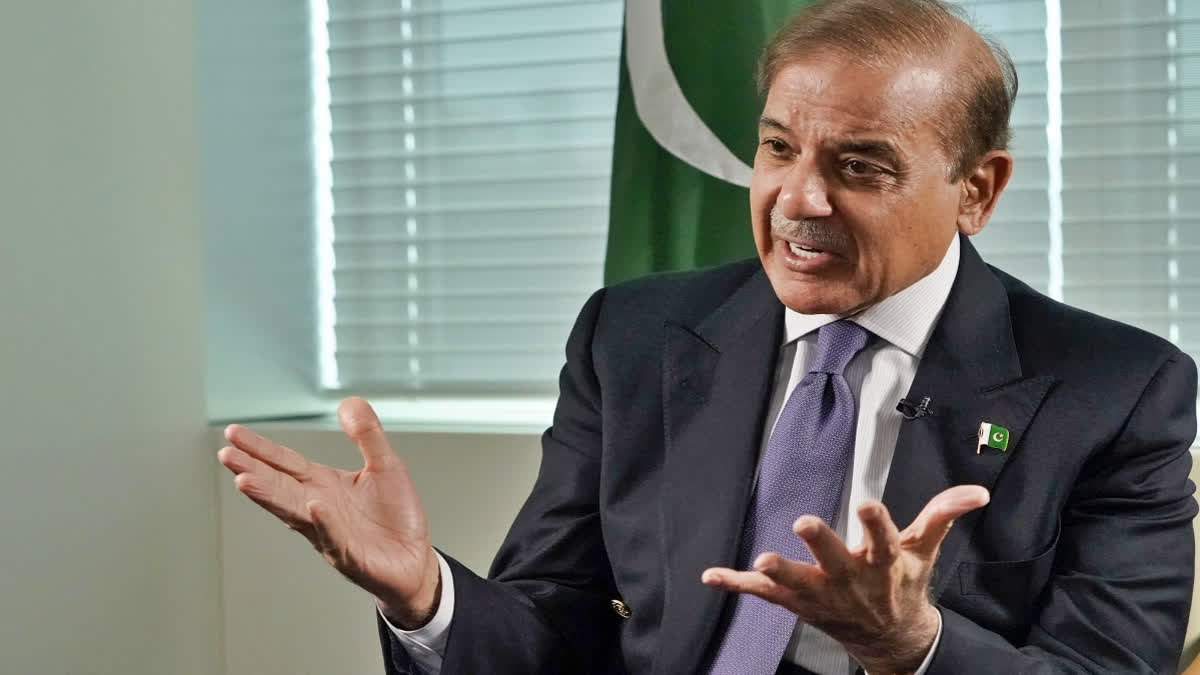The coalition government in Pakistan completes one year after Imran Khan was dethroned in a no-confidence vote on April 10 last year when the Pakistan parliament made history by overthrowing a prime minister through a democratic process and not by a military coup. The national assembly debated for 12 hours and voted against Imran, favouring the opposition parties such as PPP (Pakistan People’s Party), PML (Pakistan Muslim League (Nawaz) and Jamiet Ulema e Islam ( Fazal). Pakistan has a history of military coups that have resulted in the removal of several of the country's premiers.
The change of guard happened at a time when the entire country was grappling with an economic crisis. After coming to power, the coalition government led by Shehbaz Sharif promised to restore economic stability in the country. Negotiations with the IMF to bail the country out of the deep economic crisis that regained pace post the takeover are yet to yield any results. To offer people some respite from inflation, steps taken are yet to show any positive results. In fact, the proposal of getting crude oil at a cheaper price from Russia has not yet materialized.
Imran Khan was the first Pakistan prime minister to visit Moscow in 23 years. His plan to strike a deal with Russia over the purchase of crude oil at a low price could not take a final shape, partly because of his ill-timed visit as he landed in Russia right around the time Vladimir Putin started invading Ukraine. Imran wanted to follow India, and publicly acknowledged Prime Minister Modi's wisdom in choosing a neutral path and continuing to purchase oil from Russia at a lower price. Before Pakistan’s former prime minister could strike a deal with Moscow, he was ousted.
Also read: "We wanted to get cheap Russian crude oil just like India...," says Imran Khan
The new government, however, could not keep up with the process and the proposal still lingers on at the agreement level. Amid this lackadaisical approach, Pakistan has sunk further into an abyss of political and economic crises. Imran’s PTI (Pakistan Tehreek-e-Insaaf) was in power in Khyber Pakhtunkhwa (KP) and Punjab. KP, a tribal belt bordering Afghanistan, has seen a resurgence of militant groups and their merger with Tehreek-e-Taliban, particularly after Imran Khan's government lost a confidence vote in the Pakistan parliament. After the Pakistan military turned its back on Imran, militant activity in the tribal region has increased.
Small militant groups have resurfaced and joined hands with TTP, which draws its inspiration from the Afghan Taliban. It is believed that the re-emergence of militancy was inevitable and that the Pakistan army had foreseen trouble after the Taliban takeover, but it was Imran’s government that halted military operations in the KP belt, fearing that the party may lose the vote bank that it had earned through years of its close proximity with tribal leaders of KP.
